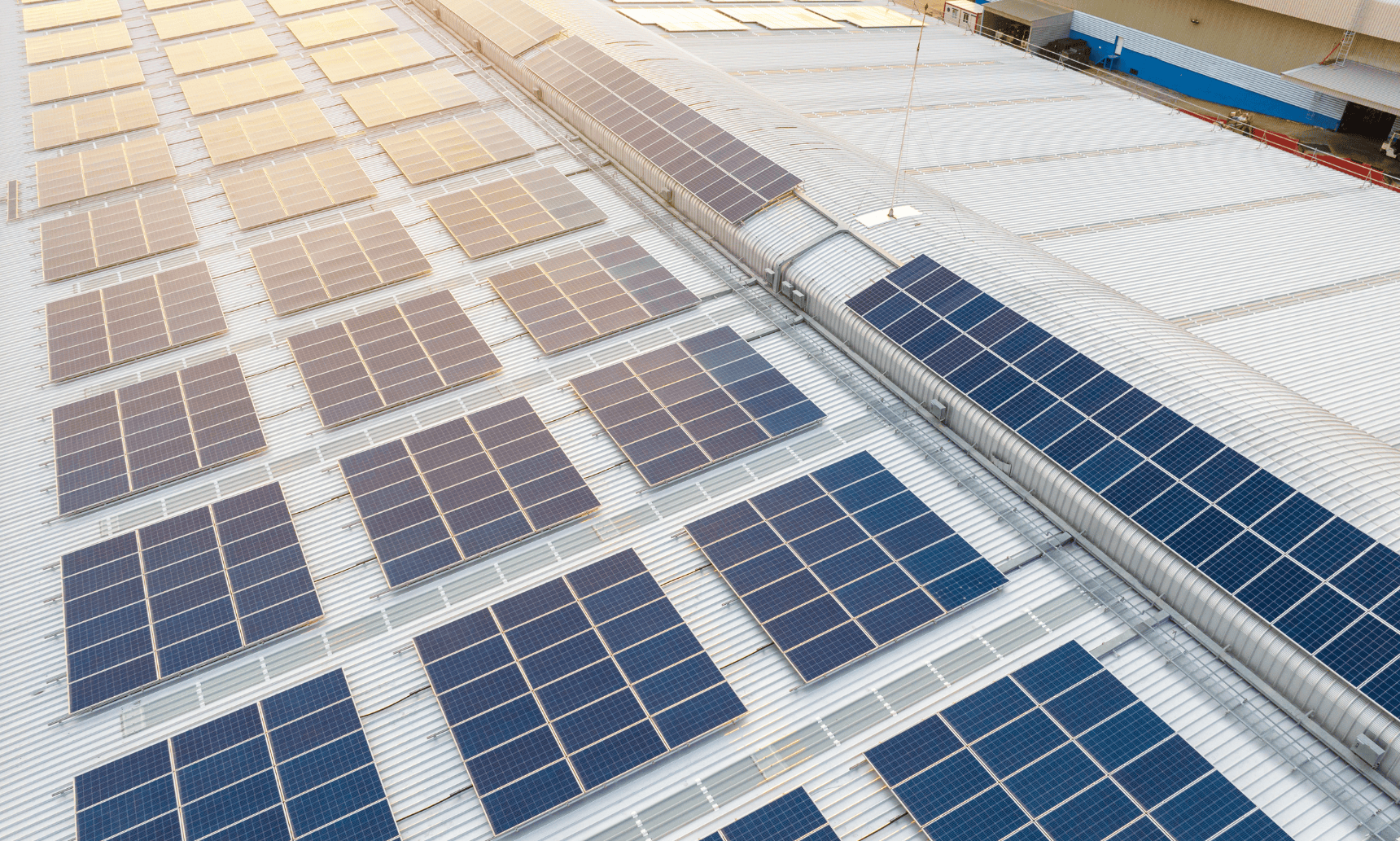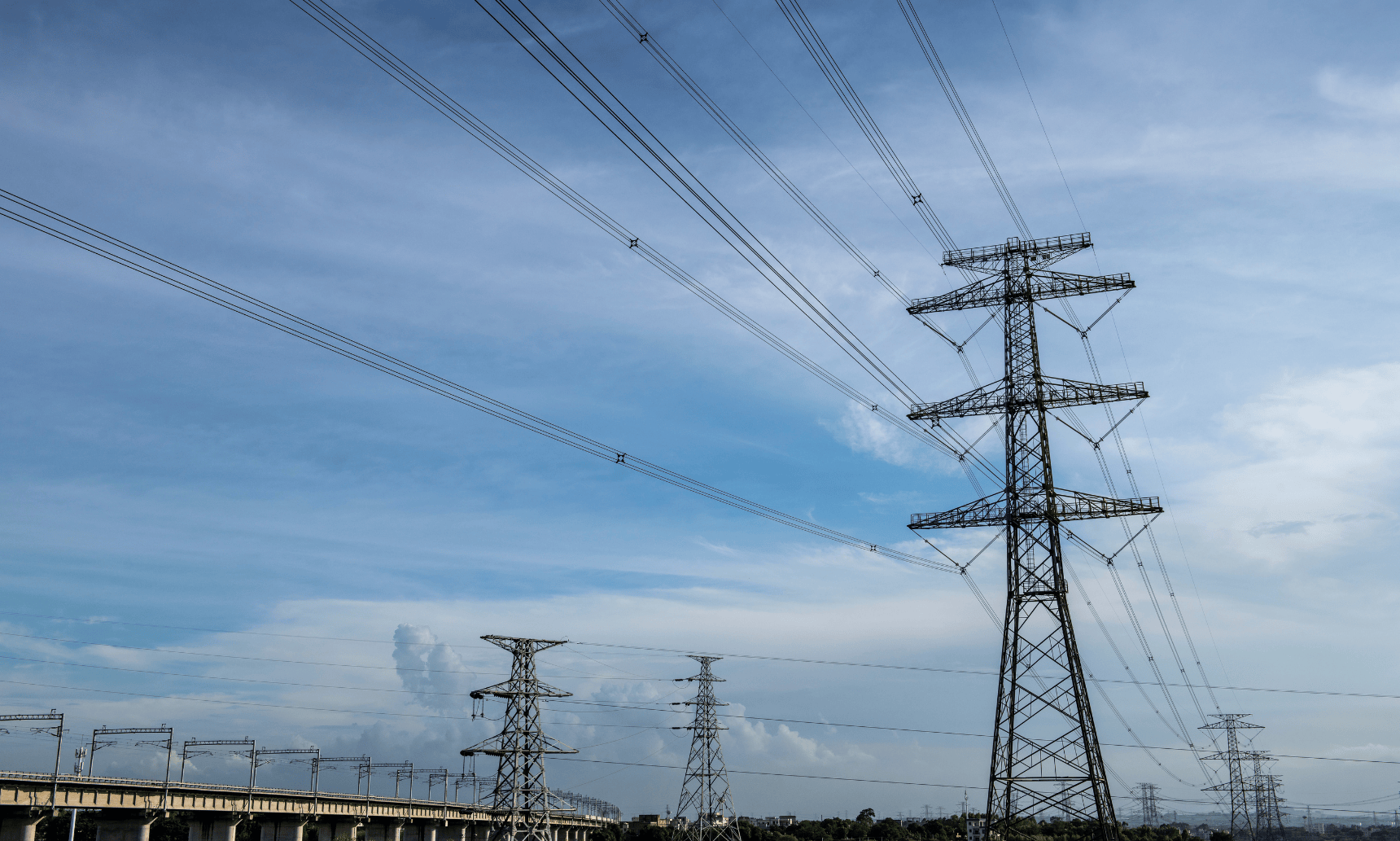
Oil prices are on the rise again. According to The Edge Malaysia, energy counters have rallied for eight consecutive days as Brent crude (the global oil price benchmark) touched a seven-week high. For oil and gas companies, the surge in prices is welcome news. But for businesses in Malaysia, it often signals higher operating costs and electricity bills.
Malaysia’s electricity tariff remains closely tied to global fuel markets. With the introduction of the new Automatic Fuel Adjustment (AFA) mechanism by Tenaga Nasional Berhad (TNB), any increase in global fuel costs now appears in TNB business electricity bills on a monthly basis. This means businesses face more immediate and unpredictable changes in energy costs.
At the same time, solar energy companies in Malaysia are gaining traction. Following the announcement of Large-Scale Solar 5+ (LSS5+) projects, solar counters have seen their share prices rise. Investors are reading this as a clear signal that renewable energy in Malaysia is not just a trend — it is the future direction of the country’s energy sector.

What This Means for Business Owners in Malaysia
1. Oil price spikes bring more cost volatility
When global oil prices increase, Malaysia’s electricity generation becomes more expensive. Under AFA, these added costs are reflected in monthly electricity bills more quickly, leading to greater volatility and uncertainty in business operating expenses.
2. Solar is moving into the mainstream
The rollout of LSS5+ solar projects in Malaysia demonstrates the government’s continued push for clean energy. While these projects are large-scale, the signal to the market is clear: renewable energy adoption is being prioritised. For businesses, this often translates into more solar programmes, solar financing schemes, and tax incentives that make it easier to install solar panels for commercial and industrial use.
3. Solar adoption is about stability, not just savings
Traditionally, solar was seen only as a way to reduce electricity costs. Today, the benefits extend much further:
- Resilience: Less exposure to global oil price shocks, keeping energy costs steadier.
- Future-proofing: Staying aligned with Malaysia’s energy transition policies and government direction.
- Reputation: Strengthening brand value with customers, investors, and partners who prioritise ESG and sustainability practices.
In other words, adopting solar energy solutions in Malaysia isn’t only about paying less today — it’s about building stability, protecting your business from volatility, and positioning your company as a leader in the low-carbon economy.

A Changing Energy Landscape
Global oil and gas prices will always remain volatile, and Malaysia’s AFA mechanism ensures those fluctuations are reflected more quickly in electricity tariffs. At the same time, momentum in solar energy and renewable energy adoption is growing, supported by national projects and policies such as LSS5+.
For Malaysian businesses, the message is clear: the energy landscape is shifting. Solar is no longer just an option for cost savings — it is fast becoming a strategy for resilience, long-term stability, and sustainable growth.
Sunview’s Perspective
At Sunview, we believe this transition marks a turning point for businesses in Malaysia. Rising fuel costs are a reminder of the risks of relying solely on traditional energy, while solar adoption offers a pathway to control, stability, and sustainable growth.
As one of Malaysia’s leading solar companies at the forefront of solar development and ESG advisory services, Sunview is committed to supporting businesses through this shift. Our expertise spans commercial and industrial solar solutions, large-scale solar projects, and energy management systems — ensuring that the journey toward renewable energy is not only achievable, but also strategic.
Our goal is to help organisations achieve real energy savings, strengthen resilience against electricity cost volatility, and advance their sustainability and ESG goals in line with Malaysia’s renewable energy roadmap.
*This article shares Sunview’s perspective on Malaysia’s evolving energy landscape. It is intended for general informational purposes and should not be taken as financial advice. For investment or financial guidance, please consult a licensed professional.






